Ever wondered about how mental illness was perceived in ancient times? With mental health awareness becoming an increasingly important topic these days, it is about time we took a closer look at mental disorders in mythology.
Ancient times have witnessed a profound fascination with and exploration of mental illness. Mythology has served as the lens through which mental disorders have been portrayed, analyzed, understood and even revered across cultures.
So let us dive into the world of mental disorders in mythology, analyzing how different cultures and ancient societies interpreted and portrayed it. From mental illness in ancient Greece to Vedic literature, understanding the past can help us better understand how to deal with mental health issues in future.
Mental Health and Mythology
The complexities of human nature are sometimes reflected in mythology through the rich tapestry of gods and demigods, heroes, and supernatural beings. It is a cultural repository where societies have tried to make sense of the world and themselves in it through their beliefs, fears, hopes and desires.
Related: 18 Powerful Ways We Can Reduce the Mental Health Stigma
Mental health and mythology are closely related. Mental illness is an unavoidable truth of our society, whether in the present or in the past, and plays a vital role in the human experience. Naturally, mental health issues have found their place in mythology, offering a unique perspective on the different aspects related to mental health.
Mental Illness in Ancient Greece
Ancient Greece was renowned for its philosophical and artistic achievements. However, Greeks had an extensive knowledge about mental health as well. As per Greek mythology, it was often believed that mental disorders were due to divine punishment or gods’ interference with people’s lives.
“The foundations of science and the study of physiology, anatomy and psychology in ancient Greece were developed in order to find the sources of diseases and to promote health status,” explain researchers. In fact “healthy mind in a healthy body” was considered as the primary component of Hippocrates’ philosophy.
“The ‘anthropomorphism’ of Greek mythology, where even gods have feelings and emotions, is a historical breakthrough,” and clearly depicts how mental health was viewed by ancient Greeks, adds a 2014 study.

For instance, the tale of King Midas revealed that he suffered from an insatiable greed, which was considered as a type of mental illness. Consequently, his greed became the reason for his inevitable downfall.
Similarly, the myth of king Oedipus is an exploration of suppressed memories and emotional and psychological distress. His tragic story reveals that he killed his father and married his mother. This myth inspired the Freudian theory – Oedipus complex.

Want to know more about mental disorders in mythology? Keep reading to learn more about mental illness in ancient Greece and other cultures across the world.
Melancholy and Divine Inspiration
In ancient Greece, there were cases where mental conditions were not always necessarily considered negative. For example, melancholy was regarded as a divine affliction as it was related to the gods.
In this regard, Melancholia is not always perceived as a symbol for sorrow but rather an inspiration for poetry according to mythology, as depicted in the story of the Muses.
These goddesses were associated with the arts and creativity and were thought to have been given gifts only when individuals experienced deep sadness or depression.
Related: The Origin Of ‘Soulmates’ According To Greek Mythology
Representation of Mental Disorders in Greek Mythology
Mental illness has been widely yet subtly depicted in Greek mythology through their gods, goddesses and mythological characters. Here is a quick list of Greek gods and goddesses that depict different mental health conditions –
1. Hera represents Narcissistic Personality Disorder:

She is obsessed with her own image and has an exaggerated sense of self-importance.
2. Zeus represents Bipolar Disorder:

His mood swings are extreme, ranging from grandiosity to intense anger.
3. Athena shows symptoms of Obsessive-Compulsive Disorder (OCD):

Her life is dominated by the pursuit of perfection, order and control.
4. Dionysus exhibits characteristics of Substance Use Disorder:

He indulges too much in wine and becomes dependent on it.
5. Apollo has Narcissistic Personality Disorder:

He loves himself so much that he cannot show empathy for others.
6. Aphrodite represents Histrionic Personality Disorder:

Her emotions are exaggerated as she constantly seeks attention to herself.
7. Hades shows signs of Depressive Disorder:

He experiences prolonged sadness, isolation and hopelessness.
8. Hephaestus has Social Anxiety Disorder:

Fear of social scrutiny and avoidance of social situations.
9. Hermes represents Attention-Deficit/Hyperactivity Disorder (ADHD):

It manifests through his impulsiveness, restlessness and difficulty concentrating.
10. Artemis may suffer from Avoidant Personality Disorder:

Her personality is characterized by a persistent avoidance of any kind of relationships or intimacy with other people.
11. Demeter could have Generalized Anxiety Disorder (GAD):

She shows signs of excessive worry and anxiety about the well-being of loved ones.
12. Poseidon may have Intermittent Explosive Disorder:

He loses his temper very easily to the extent of engaging in physical violence or destroying property due to uncontrollable anger.
13. Ares may have Conduct Disorder:

He has issues with persistent aggressive behavior, disregard for rules, and a lack of empathy.
14. Persephone may suffer from Post-Traumatic Stress Disorder:

She experienced excessive anxiety after going through a traumatic event that involved Hades.
15. Narcissus is a perfect example of auto-eroticism:

He is excessively focused on his own physical appearance and loves himself too much. In fact, the term narcissistic personality disorder is derived from the myth of Narcissus.
16. Orpheus is suffering from Grief-Induced Depression:
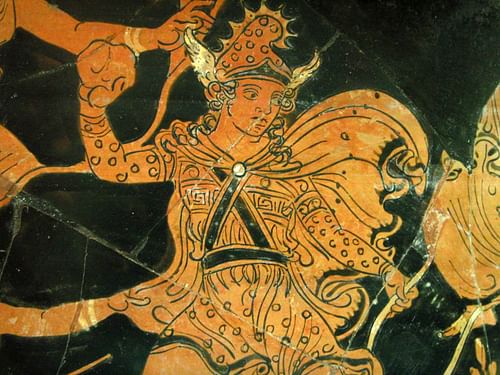
He is shown feeling very sad and withdrawn since losing his wife Eurydice.
Mental Disorders in Mythology
Mental illnesses are also depicted in various mythological tales from different cultures apart from ancient Greece. In Norse mythology, the god Odin had issues with rage, anger and insanity that were associated with his unquenchable thirst for knowledge.
Hindu Mythology tells of an angry and proud sage, Vishwamitra who ended up in a state of madness. All these diverse mythologies indicate how mental health experiences can be common to all human beings across cultures and the world
Shapeshifting and Transformation
Mental illnesses are often depicted in some mythological stories as a state of transformation. For example, in Japanese folklore, a Kitsune is described to be the spirit of a fox capable of taking over someone and causing mental disorders.

This possession often leads to the afflicted person undergoing a metamorphosis, acquiring fox-like traits and abilities. Thus, it shows how our identity can be changed due to mental illness and makes us rethink our reality.
Symbolic Representations
It is believed that several mythological characters and figures symbolize different mental disorders. The Greek goddess Hecate, linked to witchcraft and night, might be a representation of madness and the dark nature of the human psyche.

Moreover, the Dökkálfar or dark elves from Norse mythology are believed to bring about nightmares and sleep disruptions, which may reflect the experiences of people with anxiety or sleep disorders.
Healing and Transformation
Mythology also involves tales of healing and transformation for individuals affected by mental disorders. According to the sacred text Ramayana in Hindu mythology, the monkey god Hanuman goes through a rather interesting mental and emotional transformation.

During his journey, Lord Hanuman transforms from being restless and confused to finding inner peace through self-awareness and self-realization. This narrative serves as an allegory for how people can rise above their own limitations through introspection, self-discovery & spiritual development to overcome psychological challenges.
Related: How To Initiate Mental Health Conversations With Your Partner: 6 Tested Strategies
Takeaway
The portrayal of mental disorders in mythology offers us valuable insights, reflections and lessons on human psyche and mental health. It reminds us that mental illnesses have always been present throughout history and across various cultures.
This is why we need to focus on understanding and supporting people dealing with psychological disorders. These mythological tales awaken us to the importance of embracing the complexity of the human mind.
Frequently Asked Questions (FAQs):
What is the Greek god of mental illness?
There is no specific god in Greek mythology that represents mental illness. Ancient Greeks associated mental disorders to supernatural causes.
What were the mental disorders in ancient Greece?
Usually, ancient Greeks believed mental disorders to be divine punishments or imbalances in bodily fluids.
What is the hardest mental illness to live with?
The difficulty of living with mental illness varies; it’s subjective, with no universal answer.
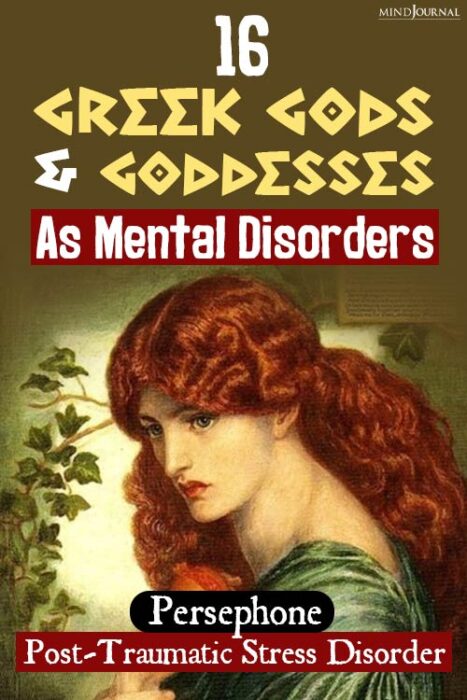
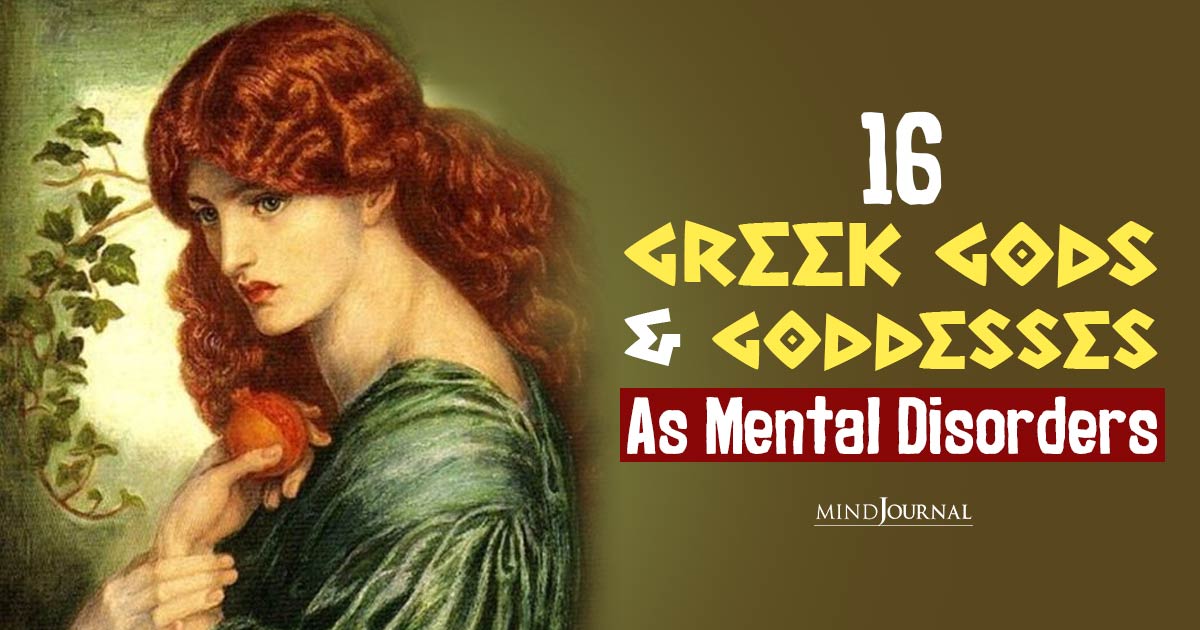


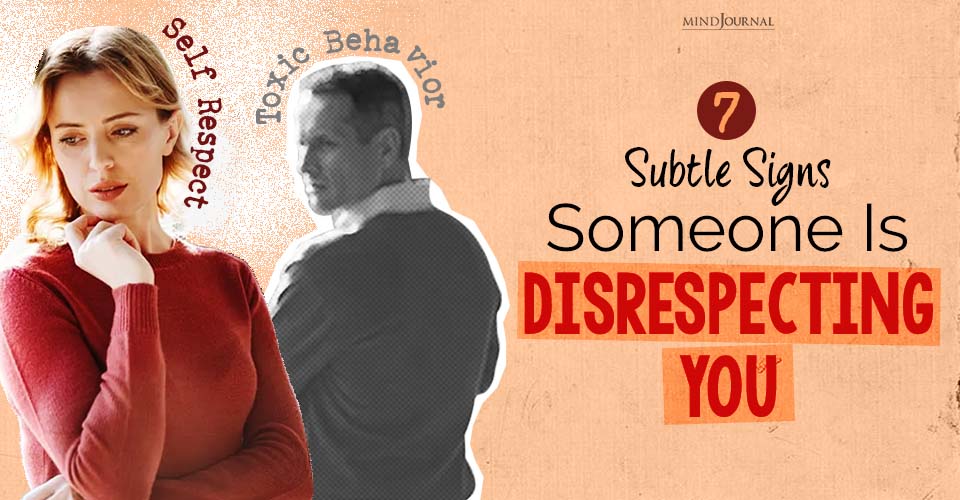


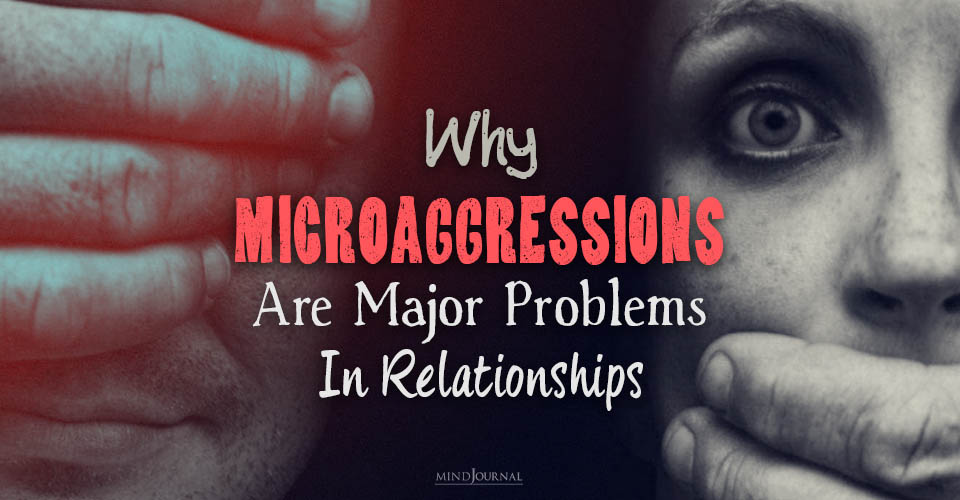

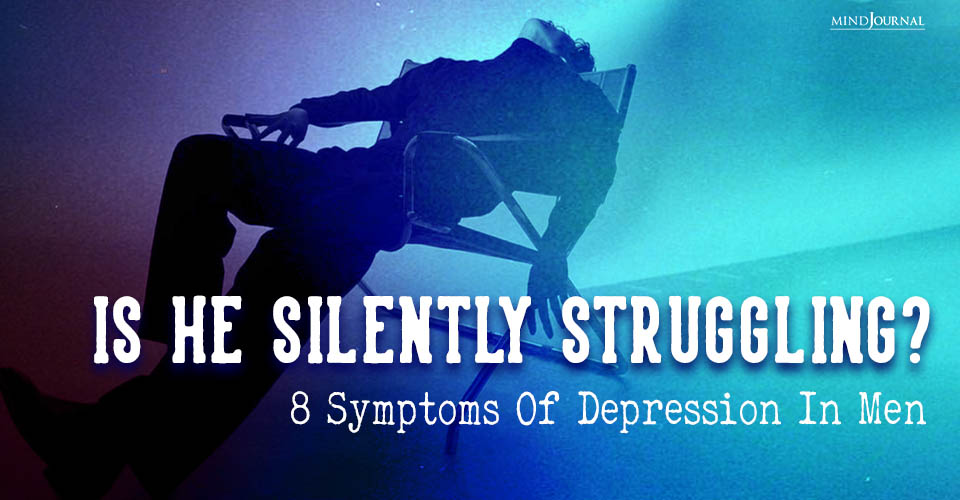




Leave a Reply
You must be logged in to post a comment.